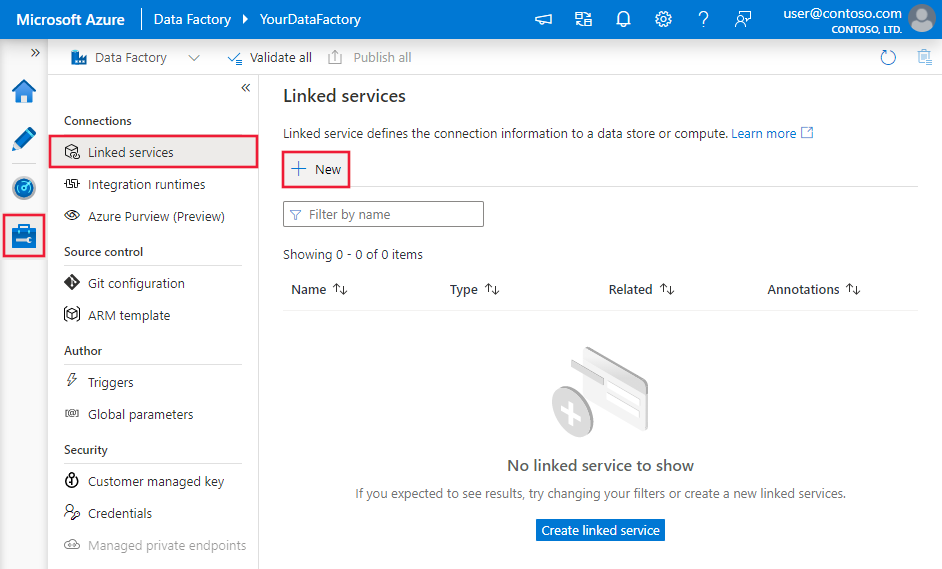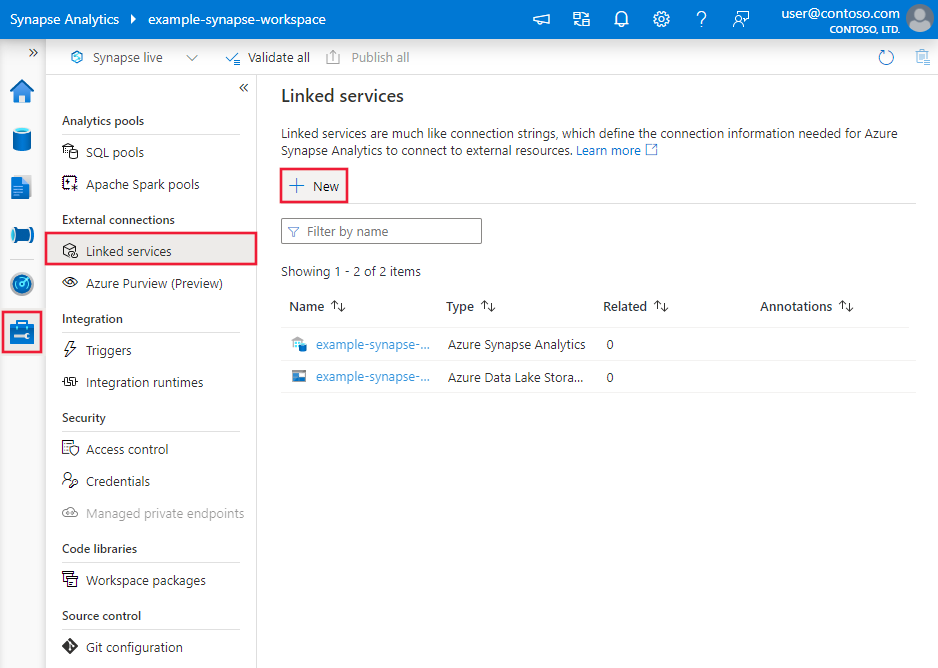Copy data from Sybase using Azure Data Factory or Synapse Analytics
APPLIES TO:  Azure Data Factory
Azure Data Factory  Azure Synapse Analytics
Azure Synapse Analytics
Tip
Try out Data Factory in Microsoft Fabric, an all-in-one analytics solution for enterprises. Microsoft Fabric covers everything from data movement to data science, real-time analytics, business intelligence, and reporting. Learn how to start a new trial for free!
This article outlines how to use the Copy Activity in an Azure Data Factory or Synapse Analytics pipeline to copy data from a Sybase database. It builds on the copy activity overview article that presents a general overview of copy activity.
Supported capabilities
This Sybase connector is supported for the following capabilities:
| Supported capabilities | IR |
|---|---|
| Copy activity (source/-) | ② |
| Lookup activity | ② |
① Azure integration runtime ② Self-hosted integration runtime
For a list of data stores that are supported as sources/sinks by the copy activity, see the Supported data stores table.
Specifically, this Sybase connector supports:
- SAP Sybase SQL Anywhere (ASA) version 16 and above.
- Copying data using Basic or Windows authentication.
Sybase IQ and ASE are not supported. You can use generic ODBC connector with Sybase driver instead.
Prerequisites
To use this Sybase connector, you need to:
- Set up a Self-hosted Integration Runtime. See Self-hosted Integration Runtime article for details.
- Install the data provider for Sybase iAnywhere.Data.SQLAnywhere 16 or above on the Integration Runtime machine.
Getting started
To perform the Copy activity with a pipeline, you can use one of the following tools or SDKs:
- The Copy Data tool
- The Azure portal
- The .NET SDK
- The Python SDK
- Azure PowerShell
- The REST API
- The Azure Resource Manager template
Create a linked service to Sybase using UI
Use the following steps to create a linked service to Sybase in the Azure portal UI.
Browse to the Manage tab in your Azure Data Factory or Synapse workspace and select Linked Services, then click New:
Search for Sybase and select the Sybase connector.

Configure the service details, test the connection, and create the new linked service.

Connector configuration details
The following sections provide details about properties that are used to define Data Factory entities specific to Sybase connector.
Linked service properties
The following properties are supported for Sybase linked service:
| Property | Description | Required |
|---|---|---|
| type | The type property must be set to: Sybase | Yes |
| server | Name of the Sybase server. | Yes |
| database | Name of the Sybase database. | Yes |
| authenticationType | Type of authentication used to connect to the Sybase database. Allowed values are: Basic, and Windows. |
Yes |
| username | Specify user name to connect to the Sybase database. | Yes |
| password | Specify password for the user account you specified for the username. Mark this field as a SecureString to store it securely, or reference a secret stored in Azure Key Vault. | Yes |
| connectVia | The Integration Runtime to be used to connect to the data store. A Self-hosted Integration Runtime is required as mentioned in Prerequisites. | Yes |
Example:
{
"name": "SybaseLinkedService",
"properties": {
"type": "Sybase",
"typeProperties": {
"server": "<server>",
"database": "<database>",
"authenticationType": "Basic",
"username": "<username>",
"password": {
"type": "SecureString",
"value": "<password>"
}
},
"connectVia": {
"referenceName": "<name of Integration Runtime>",
"type": "IntegrationRuntimeReference"
}
}
}
Dataset properties
For a full list of sections and properties available for defining datasets, see the datasets article. This section provides a list of properties supported by Sybase dataset.
To copy data from Sybase, the following properties are supported:
| Property | Description | Required |
|---|---|---|
| type | The type property of the dataset must be set to: SybaseTable | Yes |
| tableName | Name of the table in the Sybase database. | No (if "query" in activity source is specified) |
Example
{
"name": "SybaseDataset",
"properties": {
"type": "SybaseTable",
"typeProperties": {},
"schema": [],
"linkedServiceName": {
"referenceName": "<Sybase linked service name>",
"type": "LinkedServiceReference"
}
}
}
If you were using RelationalTable typed dataset, it is still supported as-is, while you are suggested to use the new one going forward.
Copy activity properties
For a full list of sections and properties available for defining activities, see the Pipelines article. This section provides a list of properties supported by Sybase source.
Sybase as source
To copy data from Sybase, the following properties are supported in the copy activity source section:
| Property | Description | Required |
|---|---|---|
| type | The type property of the copy activity source must be set to: SybaseSource | Yes |
| query | Use the custom SQL query to read data. For example: "SELECT * FROM MyTable". |
No (if "tableName" in dataset is specified) |
Example:
"activities":[
{
"name": "CopyFromSybase",
"type": "Copy",
"inputs": [
{
"referenceName": "<Sybase input dataset name>",
"type": "DatasetReference"
}
],
"outputs": [
{
"referenceName": "<output dataset name>",
"type": "DatasetReference"
}
],
"typeProperties": {
"source": {
"type": "SybaseSource",
"query": "SELECT * FROM MyTable"
},
"sink": {
"type": "<sink type>"
}
}
}
]
If you were using RelationalSource typed source, it is still supported as-is, while you are suggested to use the new one going forward.
Data type mapping for Sybase
When copying data from Sybase, the following mappings are used from Sybase data types to interim data types used internally within the service. See Schema and data type mappings to learn about how copy activity maps the source schema and data type to the sink.
Sybase supports T-SQL types. For a mapping table from SQL types to interim service data types, see Azure SQL Database Connector - data type mapping section.
Lookup activity properties
To learn details about the properties, check Lookup activity.
Related content
For a list of data stores supported as sources and sinks by the copy activity, see supported data stores.

